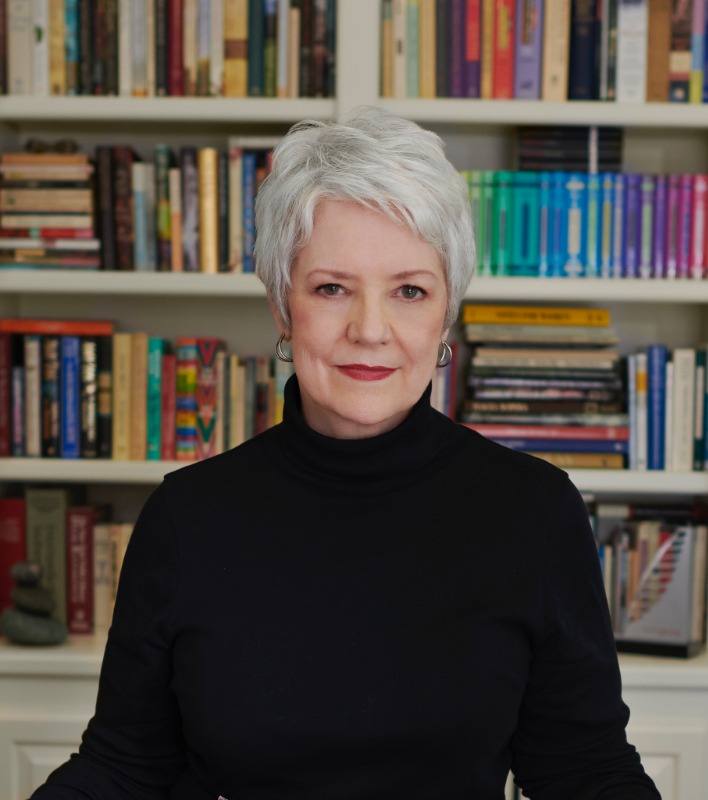search
date/time
 | Lancashire Times A Voice of the Free Press |

Artis-Ann
Features Writer
10:22 PM 9th July 2021
arts
‘The Oak Tree Lives Inside the Acorn’: The Invention of Wings By Sue Monk Kidd

History textbooks can be dry tomes of facts, figures and interminable dates, often with grim black and white images. (Or am I showing my age in remembering the schoolbooks we were given?). It takes imagination to bring events to life and Sue Monk Kidd’s compelling novel The Invention of Wings does just that. This historical fiction is based on the lives of the leading American abolitionist sisters, Sarah and Angelina (Nina) Grimké. Kidd successfully blends fact and fiction and breathes life into her characters, adding the fictional figure of Hetty, the slave given to Sarah on her 11th birthday. The novel spans a hundred and thirty-five years and describes events leading up to 1938.
The Grimkés are a prominent, wealthy white family and their daughters are ‘ladies of piety and gentility’, but two of them eventually become exiles from their hometown. The Grimkés have a household of slaves, as was the custom at the time, but one of the daughters, Sarah, struggles to justify slavery and she befriends the slave named Hetty who is presented to her as a birthday gift.
At a time and in a place where ‘owning people was as natural as breathing’, Sarah feels it is very far from ‘natural’ and is appalled at the idea that one person can own another. She fights the notion of slavery by teaching Handful to read and promising one day to free her. Hetty was nicknamed Handful at birth by her mother, because she was ‘born too soon’. Little did she realise what an appropriate nickname it would be.
Divided into six parts, the novel is set, primarily in America’s deep south, Charleston to be precise, in the early part of the nineteenth century. Kidd provides brutal detail of the treatment of slaves: the curfews, the searches, the slave catchers, the lashes, the cane, the treadmill in the workhouse and, as suffered by Charlotte, Handful’s mother, being forced to stand with one leg tied up behind her and attached to her neck. If her leg relaxes, she will throttle herself. Members of the Guard show no leniency for recalcitrant slaves and sneer openly at the Quaker abolitionists – whoever they may be. They remind us how intolerant the human race can be.

Sue Monk Kidd
In time, Sarah becomes a Quaker, much against her mother’s wishes, and moves to Philadelphia, where she meets Israel Morris. She discovers the strength to fight injustice as she sees it and in doing so, realises her place in this world - but she must forego love because it seems a woman cannot have it all. Her sister, Nina, joins her and together they become the first female anti-slavery agents in America.
Both Sarah and Handful want freedom - Sarah to be free to choose her own vocation, and Handful to be a free person, not owned by anyone. She also wants to find her mother who vanished without trace. This novel gives a voice to pain. Handful's ‘slave tongue’ dialect is defiant and filled with hurt. In Charleston, there is a rebellion planned by the slaves and led by the free black man, Denmark Vesey; success or failure at this point is of no matter - the stage is set and one day, the slave voice will be heard.
Sarah has struggled with speech ever since she witnessed the harsh punishment of a slave when she was a young child. Having developed a speech impediment, she fights to find her voice, both literally and metaphorically, to speak out in favour of abolition and to find her wings in order to escape the limits which fettered women at this time.
When I start writing a review like this, I often choose a quote from the novel as my title. There is usually one which stands out but as I turned these pages, so many quotes presented themselves: ‘Press on my sisters’, ‘Female Incendiaries’, ‘Kindly take your feet off our necks’, ‘She never belong to nobody but herself’ and my favourite, which I decided was perhaps too long, ‘You got to figure out which end of the needle you gone be on, the one that’s fastened to the thread or the one that pierces the cloth’. The Grimké sisters did not have any doubt and had certainly been ‘boiled down to a good strong broth’ in order ‘to turn the Puritan world on its head’.
Also by Artis-Ann ...
Spying Is Lying: The Traitor By Ava GlassFlawed Characters:The Party House By Lin AndersonAn Extraordinary Life: Three Things About Elsie By Joanna CannonWhat A Tangled Web: Wartime For The Chocolate Girls By Annie MurrayPoems And Pressed Flowers: The Botanist By M. W. CravenThe Invention of Wings is published by Tinder Press
.